Brand Awareness
What is Brand Awareness?
Brand awareness refers to how well people know and recognize a brand. It is the extent to which consumers are familiar with the distinctive qualities or image of a particular brand. High brand awareness means that a brand is easily recognizable and remembered by consumers, often influencing their purchasing decisions.
Why is Brand Awareness Important?
Brand awareness is crucial because it helps build trust and credibility with your audience. When consumers are familiar with your brand, they are more likely to choose your products or services over competitors. Strong brand awareness can lead to increased customer loyalty, higher market share, and greater sales.
Additionally, brand awareness is the foundation of brand equity, which is the value derived from consumer perception of the brand. High brand awareness can also facilitate word-of-mouth marketing, as satisfied customers are more likely to recommend a well-known brand to others.
Best Practices for Building Brand Awareness
1. Create a Strong Brand Identity
Develop a clear and consistent brand identity that includes your logo, color scheme, typography, and messaging. Your brand identity should reflect your values and resonate with your target audience. Consistent branding helps reinforce recognition and recall.
2. Leverage Social Media
Use social media platforms to increase your brand's visibility and engage with your audience. Share valuable content, participate in conversations, and use relevant hashtags to reach a broader audience. Social media is an effective way to build relationships and foster community around your brand.
3. Utilize Content Marketing
Create and distribute high-quality content that provides value to your audience. Content marketing can include blog posts, videos, infographics, podcasts, and more. Consistently publishing valuable content helps establish your brand as an authority and keeps it top of mind for consumers.
4. Partner with Influencers
Collaborate with influencers who align with your brand values and have a strong following in your target market. Influencers can help introduce your brand to new audiences and lend credibility through their endorsements. Choose influencers whose audience matches your target demographic.
5. Engage in Public Relations
Use public relations strategies to gain media coverage and increase brand visibility. This can include press releases, media pitches, interviews, and event sponsorships. Positive media coverage can enhance your brand’s reputation and reach a wider audience.
6. Implement SEO Strategies
Optimize your website and content for search engines to improve your brand’s visibility online. Use relevant keywords, create high-quality content, and build backlinks to increase your search engine rankings. High visibility in search results can drive more traffic to your site and increase brand recognition.
7. Run Paid Advertising Campaigns
Invest in paid advertising campaigns on platforms like Google Ads, social media, and display networks. Paid ads can help you reach a larger audience quickly and drive immediate brand awareness. Use targeted ads to ensure you reach the right audience.
8. Host Events and Webinars
Organize events, webinars, or workshops to engage directly with your audience. Events provide opportunities for personal interaction and can leave a lasting impression on attendees. Promote your events through multiple channels to maximize attendance and exposure.
9. Encourage User-Generated Content
Encourage your audience to create and share content related to your brand. User-generated content (UGC) can include reviews, testimonials, social media posts, and videos. UGC serves as social proof and can significantly boost brand awareness through organic sharing.
By following these best practices, you can effectively build and enhance brand awareness, creating a strong foundation for long-term success and growth.
For more terms, return to the content marketing glossary and freelance writing glossary.

